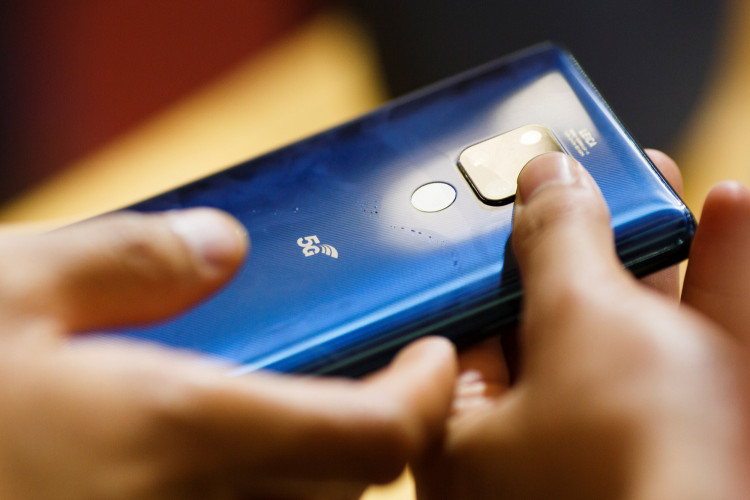Chinese tech giant Huawei recently launched its own mobile operating system simply dubbed as HarmonyOS. Developed and launched as a response to Google's ban on Huawei, the new operating system has been dubbed by many tech analysts as a possible alternative to the Android monopoly in the mobile operating system.
Since its inception, Huawei has been consistently reliant on Google's Android mobile operating system as the core software of its smartphones. Everything went well until the United States started a trade war with China, with Huawei right in the middle of the fracas. This led Google to ban Huawei from using or utilizing its Android mobile operating system. The ban eventually led Huawei to develop its own operating system.
After months of development, Huawei has finally released its own operating system - HarmonyOS. Despite having developed its own operating system, Huawei stated that it will continue to support its smartphones running on the Android operating system. Additionally, the Chinese tech giant also stated that it would only roll-out HarmonyOS to a handful of smartphones, instead of forcing its users to use the new operating system.
In a statement, Huawei chief operating officer Richard Yu described HarmonyOS as "completely different from Android and iOS." He added that HarmonyOS could scale across different devices and mobile operating system with no hassle at all.
In terms of scalability, Mr. Yu said, "You can develop your apps once, then flexibly deploy them across a range of different devices."
When first announced, Huawei did not confirm whether HarmonyOS will be a strictly mobile operating system or it will have an application on the growing niche of Internet of Things (IoT) devices. Based on Huawei's latest confirmation, it would appear that the operating system will support both platforms.
Huawei admits that its operating system still has a lot of hurdles to conquer before it can roll it out to the general public. One of the most glaring issues is the lack of apps. Huawei said that developers need to recompile their code in order for it to work on its operating system, and across multiple devices and platforms. In terms of development, Huawei said that its operating system supports a number of programming languages and it can be compiled in a single environment.
Huawei has now thrown its hat into the mobile operating system market. Whether its platform can rival the Android Open Source Project is still to be known.





